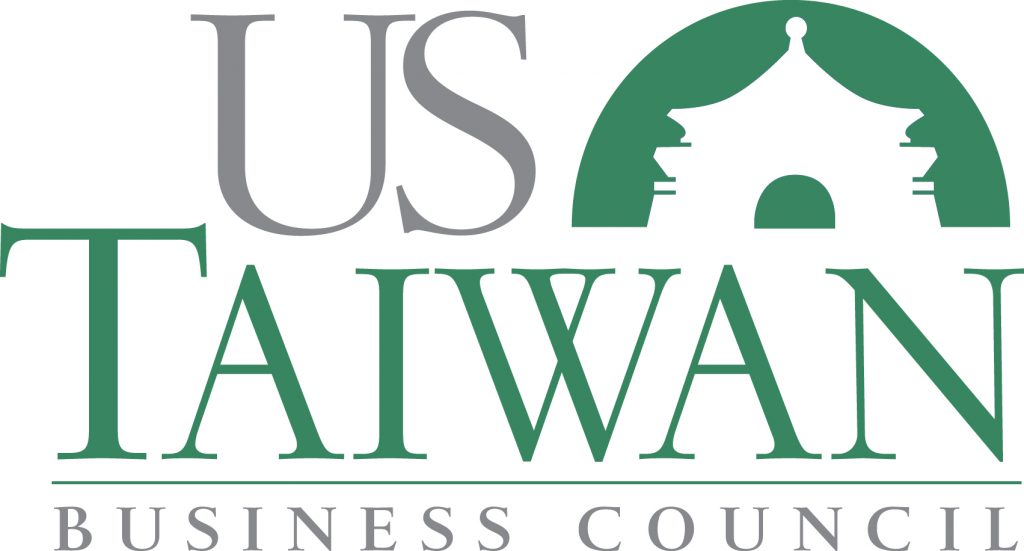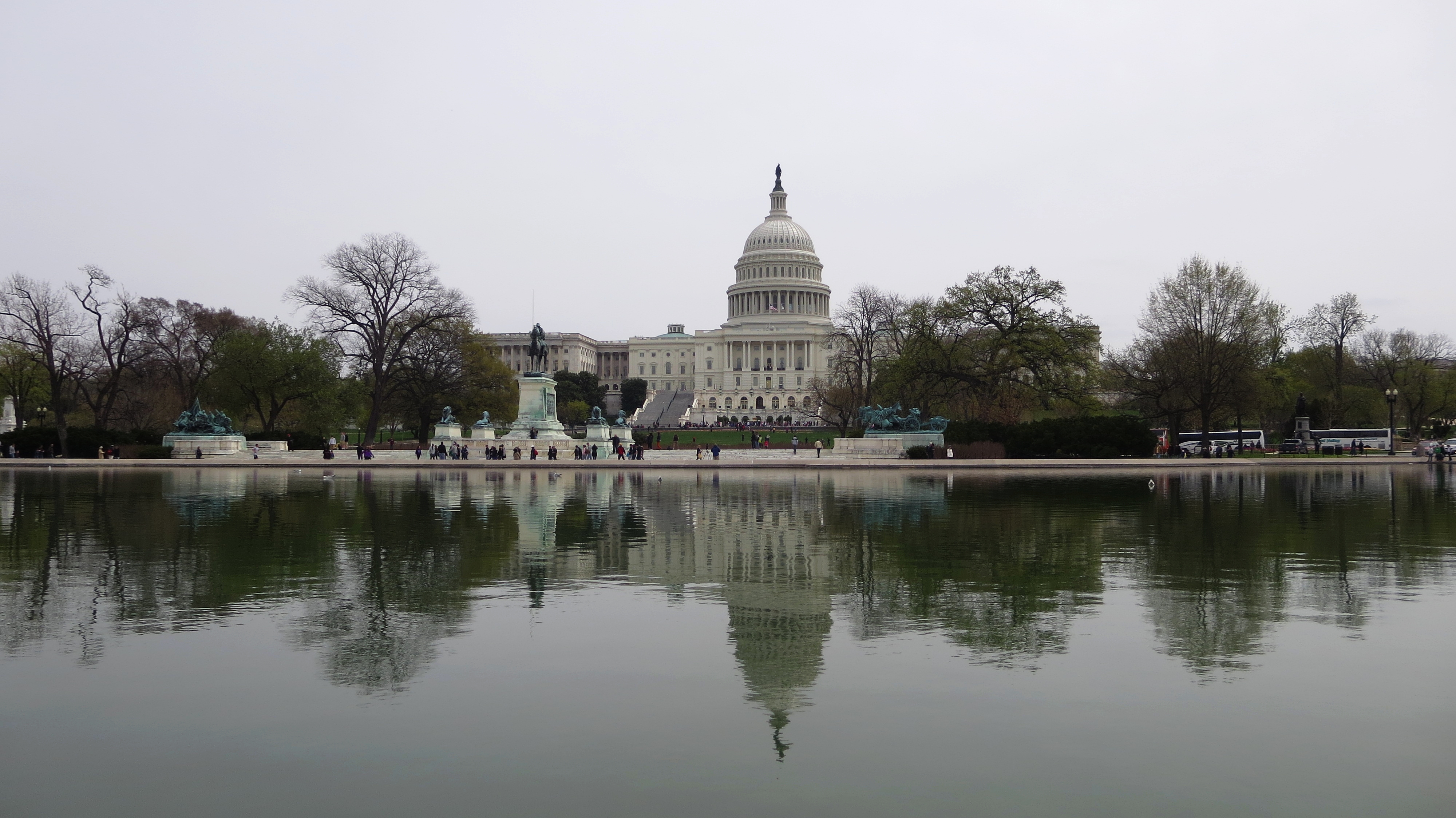
Press Release:
The US-Taiwan Business Council Responds to the Biden Administration’s New Taiwan Arms Sales Policy
(Arlington, Virginia, May 17, 2022)
On March 14, 2022, Deputy Assistant Secretary Mira Resnick of the U.S. Department of State and her colleagues briefed US-Taiwan Business Council (USTBC) members on several matters related to Taiwan defense and national security. They stated that the Biden Administration will no longer support arms sales programs for Taiwan outside their definition of “asymmetric” defense. Additionally, they were looking for suggestions on ways to improve the process to expedite the delivery of already purchased weapons to Taiwan.
In response to the briefing, USTBC worked with our colleagues at the American Chamber of Commerce in Taiwan to respond to DAS Resnick on these matters. A copy of that letter, along with a translation, is attached to this press release. USTBC also provided a separate memo to the U.S. Department of State on potential ways to expedite Taiwan deliveries.
USTBC recognizes the seriousness of China’s threat toward Taiwan, and the need to complicate planning for and execution of a potential invasion of the island. It is unclear, however, why Taiwan’s ability to deter Chinese threats in other phases of a potential conflict should be excluded. It is not an issue of preparing for one or the other, as Taiwan does not have the luxury of choosing which scenario to respond to.
The Biden Administration appears to have cancelled three programs for not meeting their “asymmetric” criteria: MH-60Rs (anti-submarine helicopters), E-2Ds (command and control aircraft) and M109s (mobile artillery). It is not clear if we can expect the administration to cancel other programs notified to the U.S. Congress and/or already under contract. In addition, industry is still waiting for a concise definition of what USG actually considers “asymmetric” for future guidance.
USTBC President Rupert Hammond-Chambers said, “If the Biden Administration believes that the Chinese military threat toward Taiwan is so acute that it requires a drastic policy shift, why is this approach not applied to U.S. forward-deployed forces in Japan, as well as to Japanese arms sales? U.S. regional forces and the Japanese Self-Defense Force face the same threat as Taiwan. Japan also spends half of what Taiwan spends on defense, yet they are being equipped to deal with all phases of a conflict.”
Hammond-Chambers also noted that “The U.S. pursues a policy of strategic ambiguity toward Taiwan. That includes ambiguity on whether and how it would come to Taiwan’s aid in the event of an attack. If the U.S. does not allow Taiwan to acquire a full range of capabilities to defend and deter China on its own, it is unclear if U.S. military forces would fill the capability gaps. In the absence of such strategic clarity, the Biden Administration’s new policy allows Chinese planners to focus on Taiwan’s more narrowly-scoped defensive stance. Far from improving Taiwan’s security, it would create new vulnerabilities and do tremendous damage to the island’s self-assurance and its practical defense.”
He continued, “If the Biden Administration intends to dictate specific arms sales to Taiwan, USTBC recommends consideration of a change in U.S. policy from strict strategic ambiguity to at least some clarity on when and where the U.S. would be willing to step in and fill the news gaps created by the new policy. This would permit Taiwan to focus on a narrower defensive ability, with the clear expectation that the U.S. would fill any resulting gaps if necessary.”




![[Firefly AI] Illustration - Contrails in the Sky over Taiwan](https://www.us-taiwan.org/wp-content/uploads/2024/02/Firefly-AI-generated-illustration-Contrails-in-the-sky-over-Taiwan.jpg)